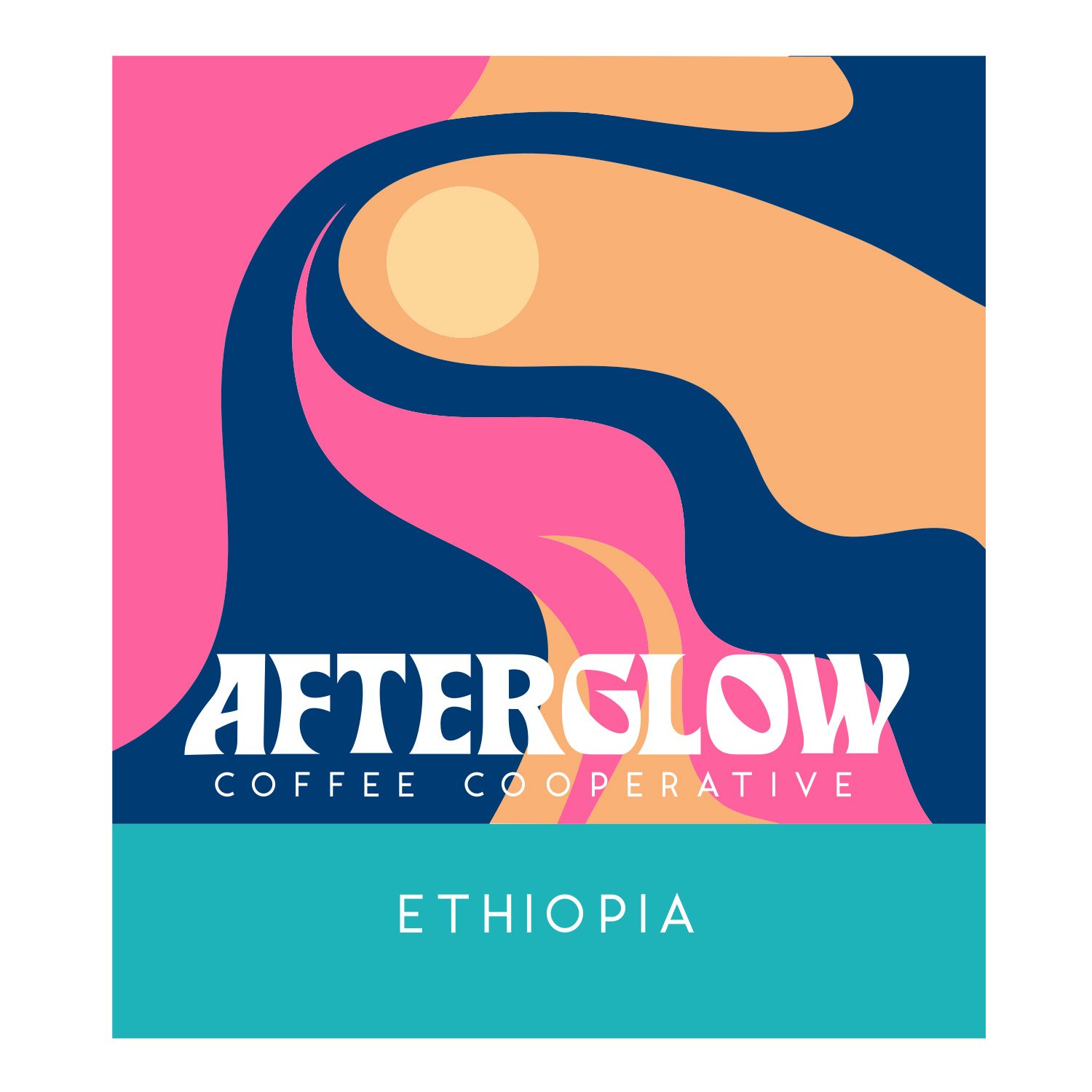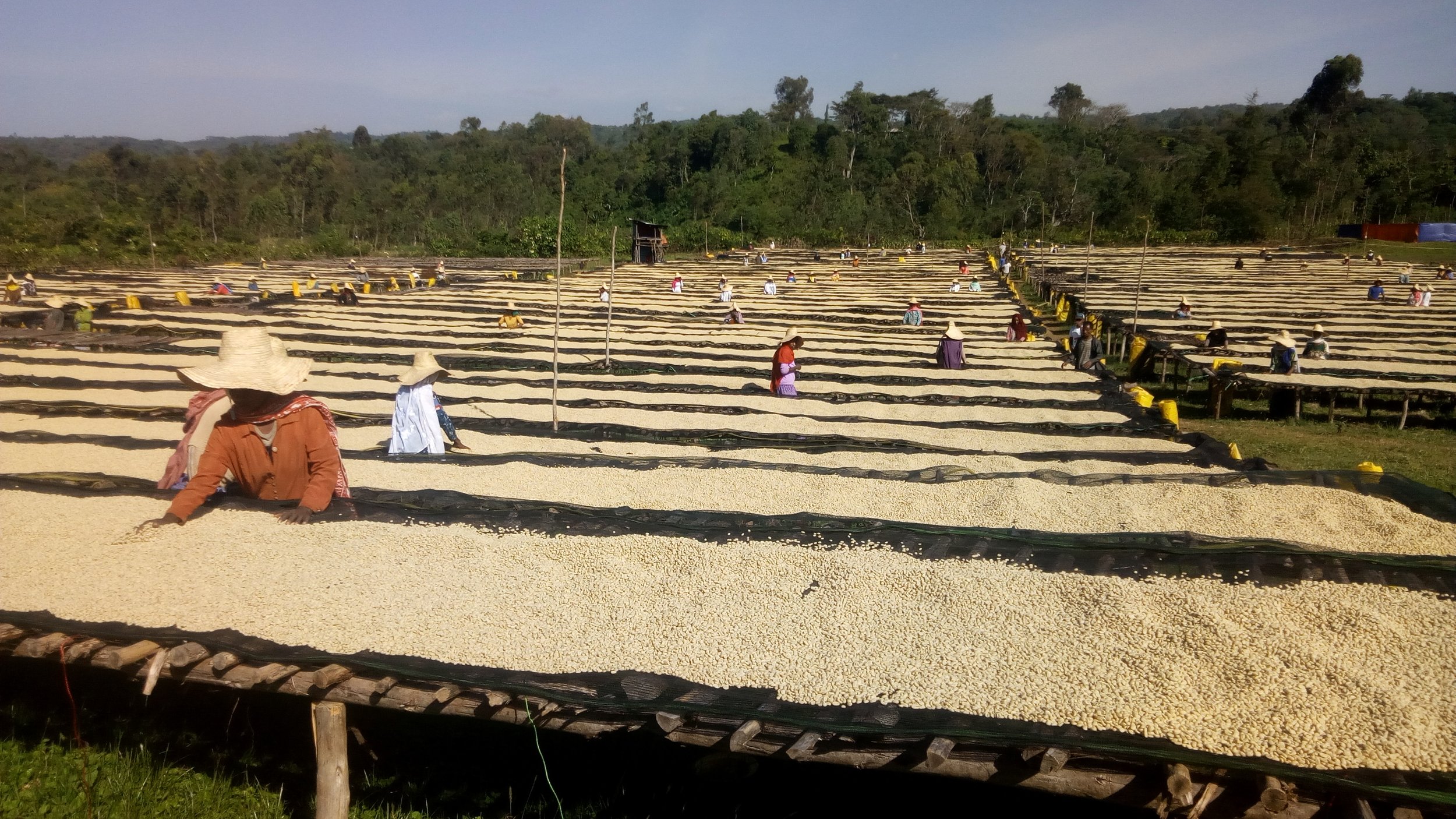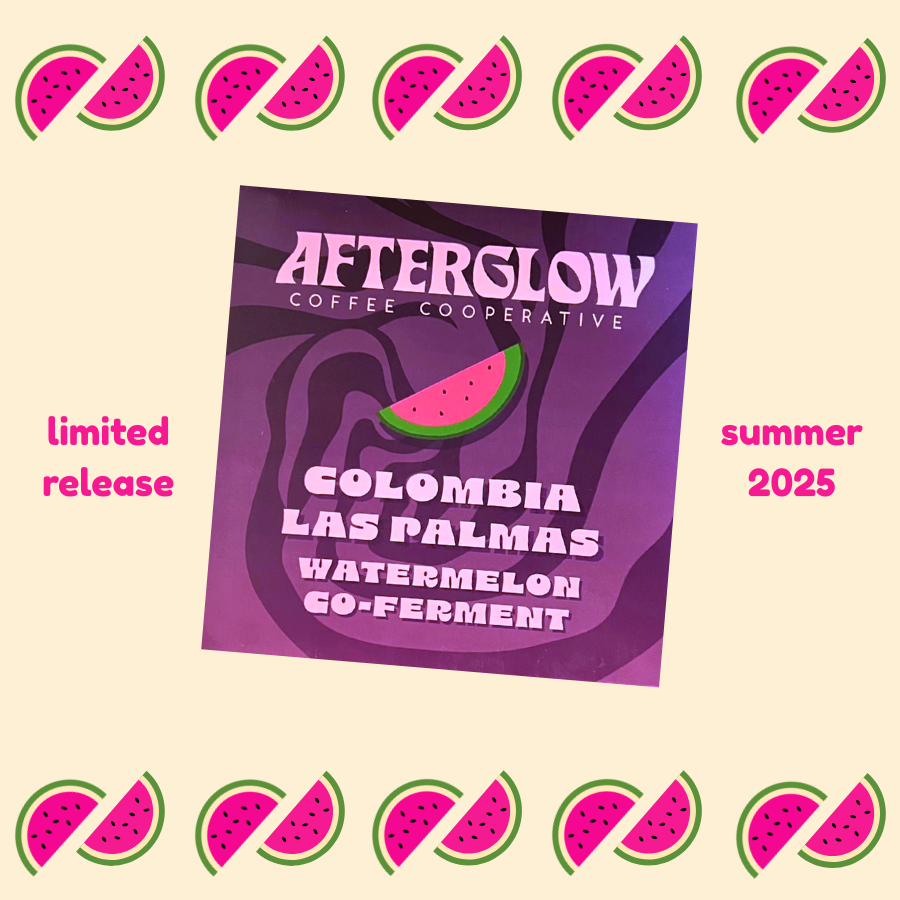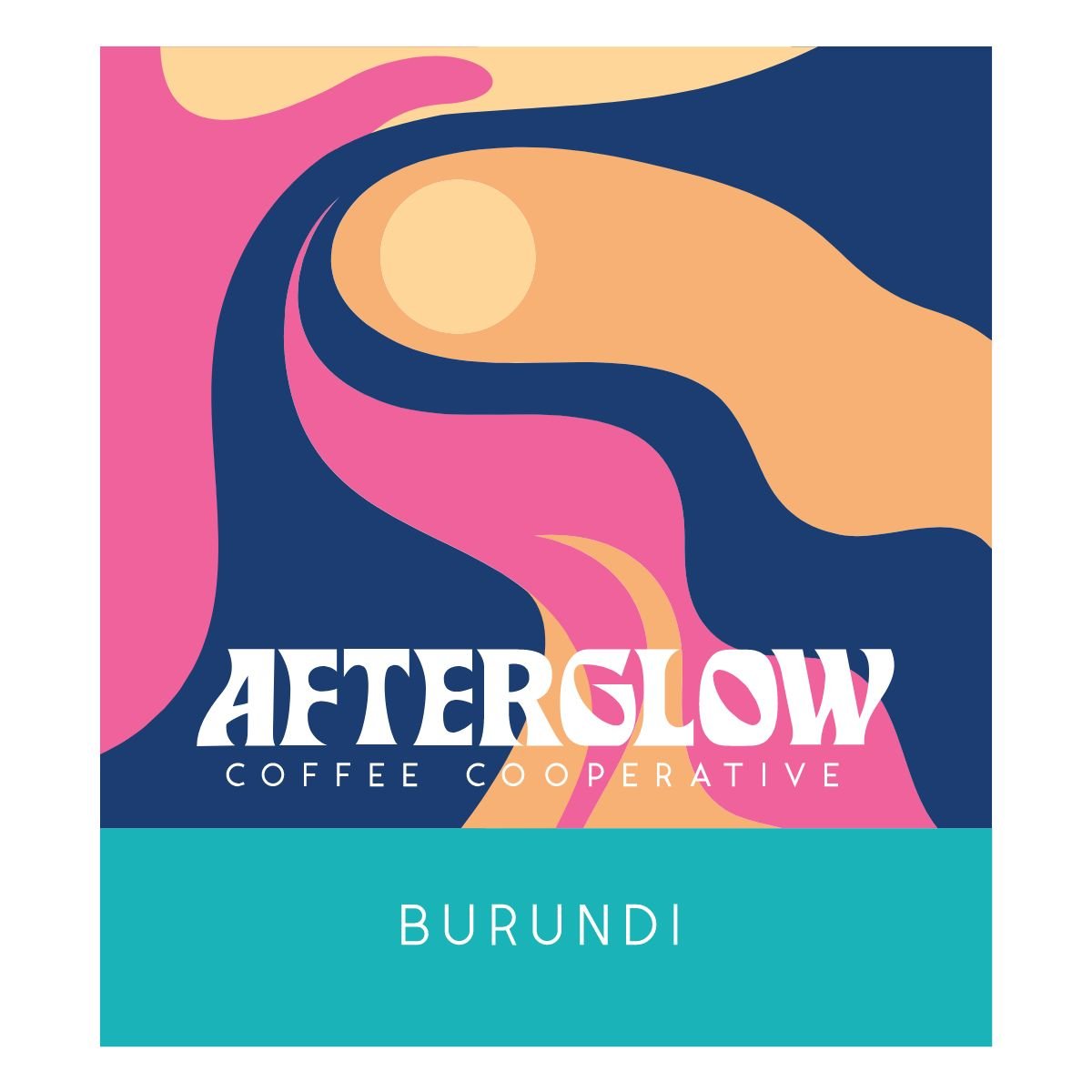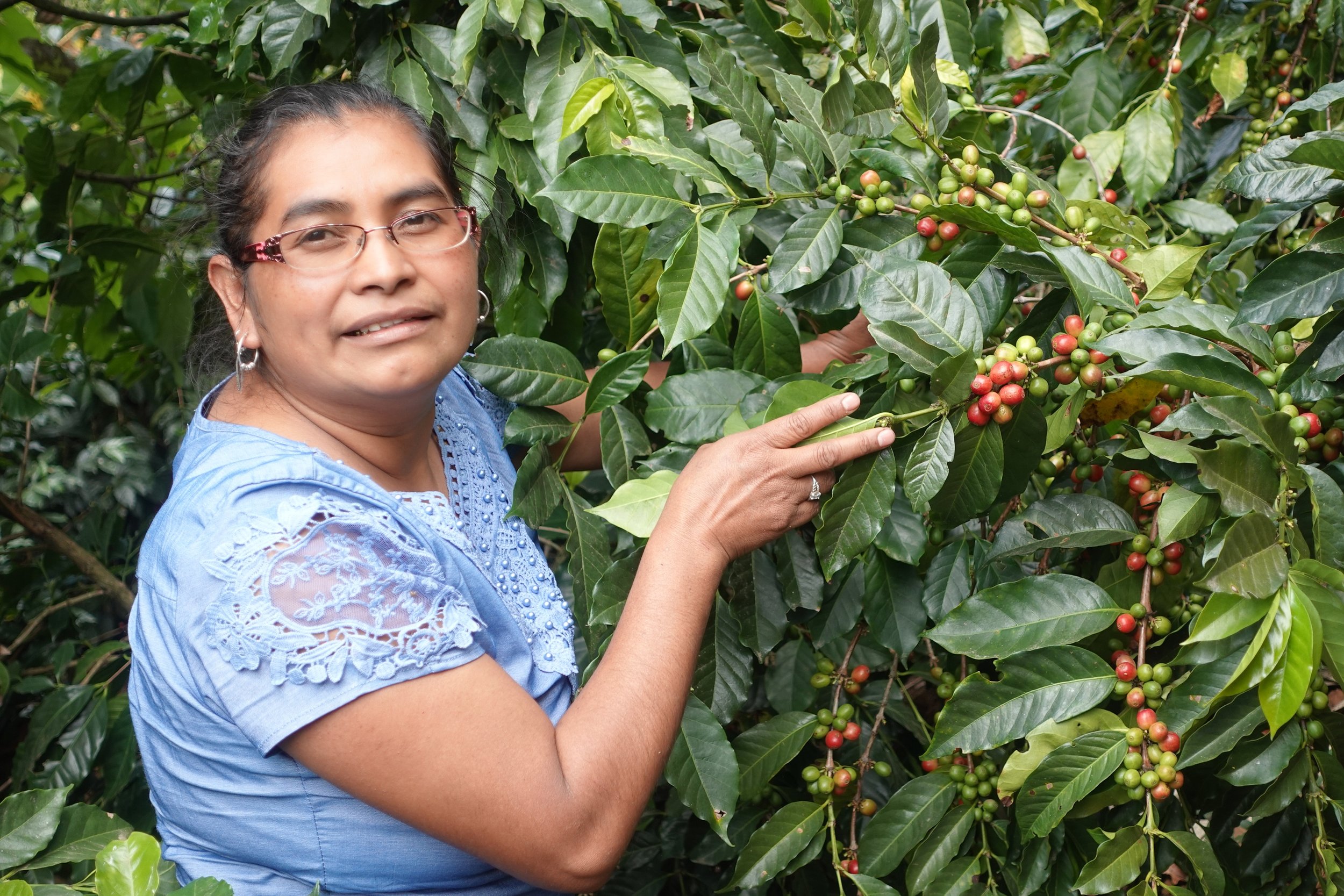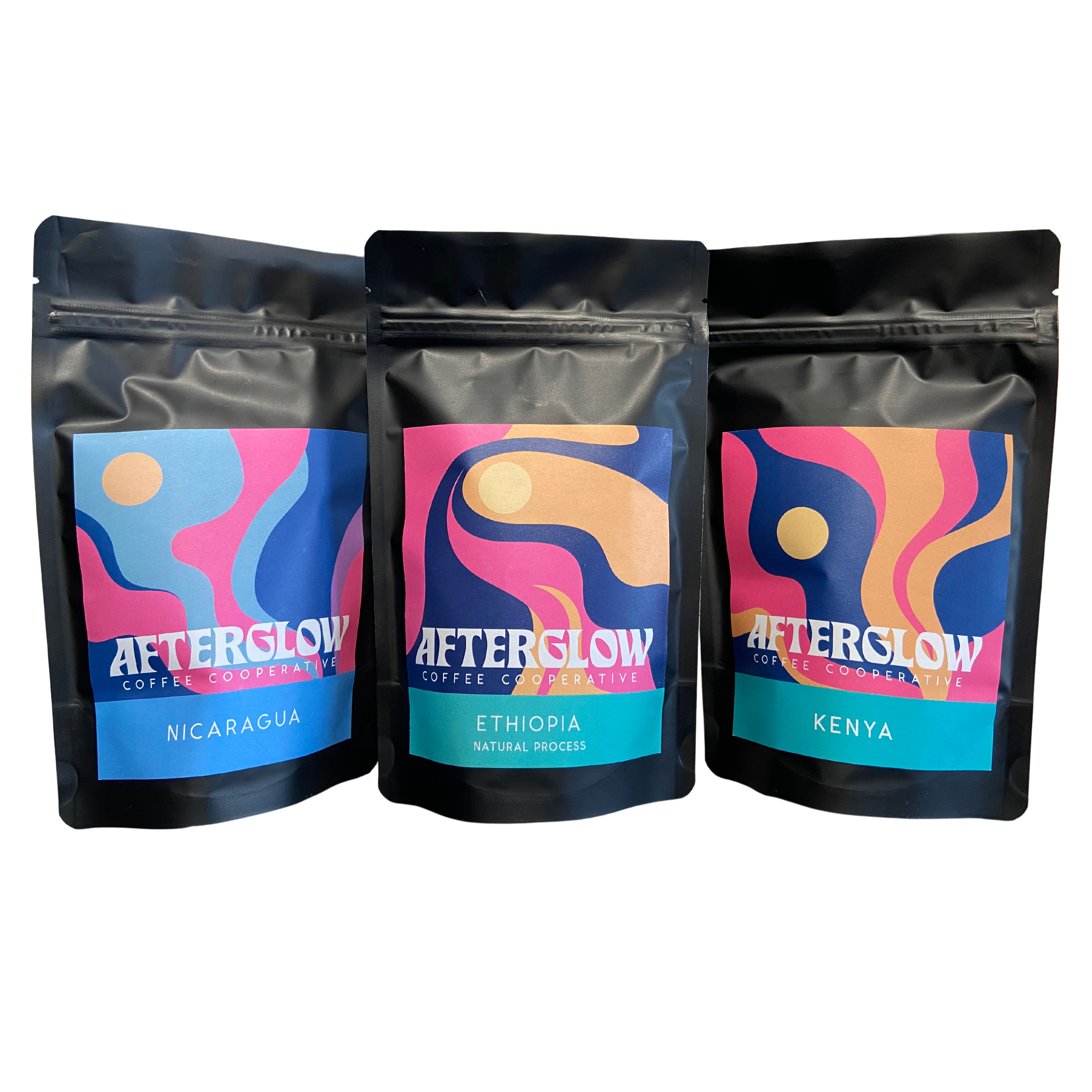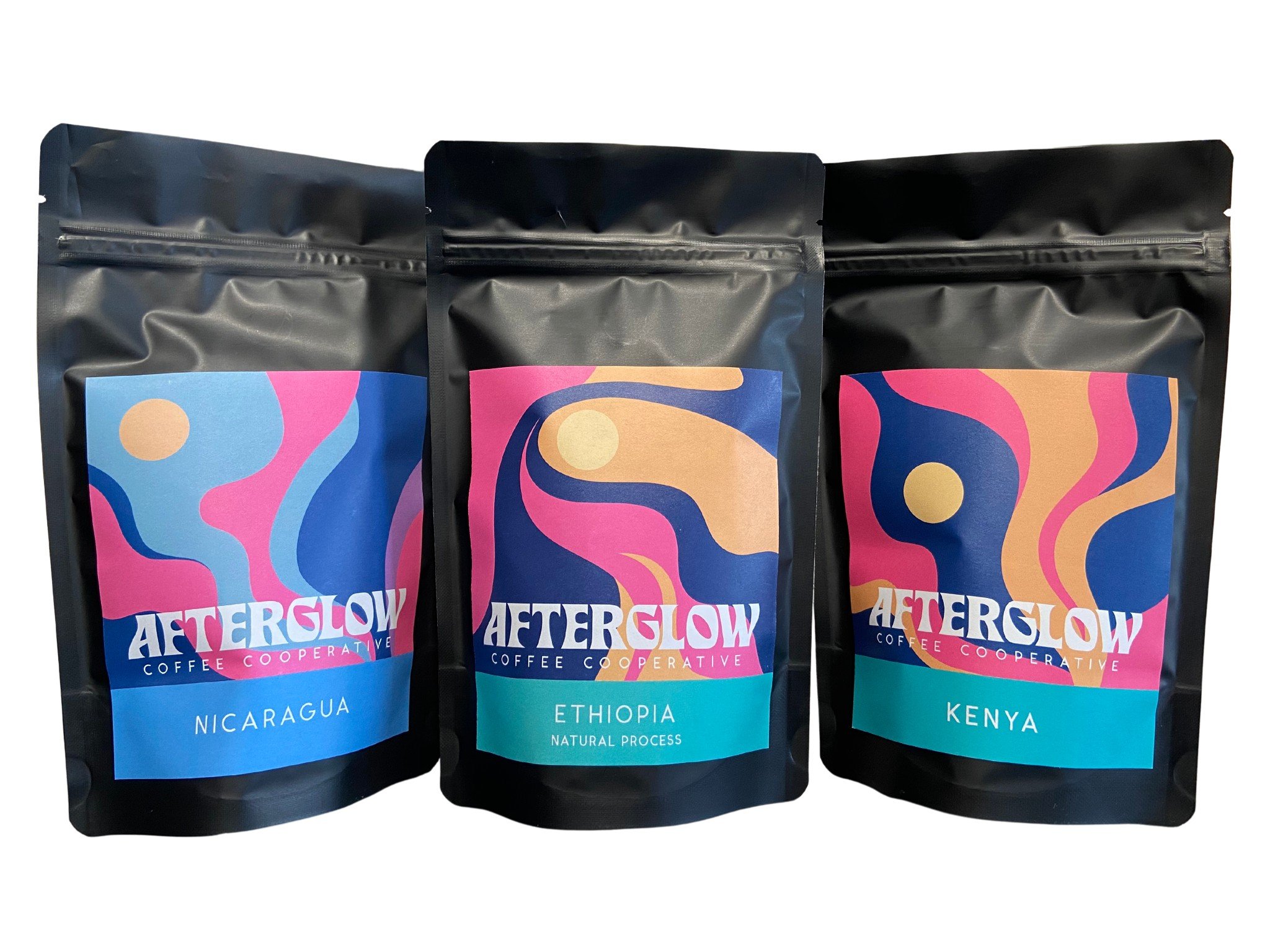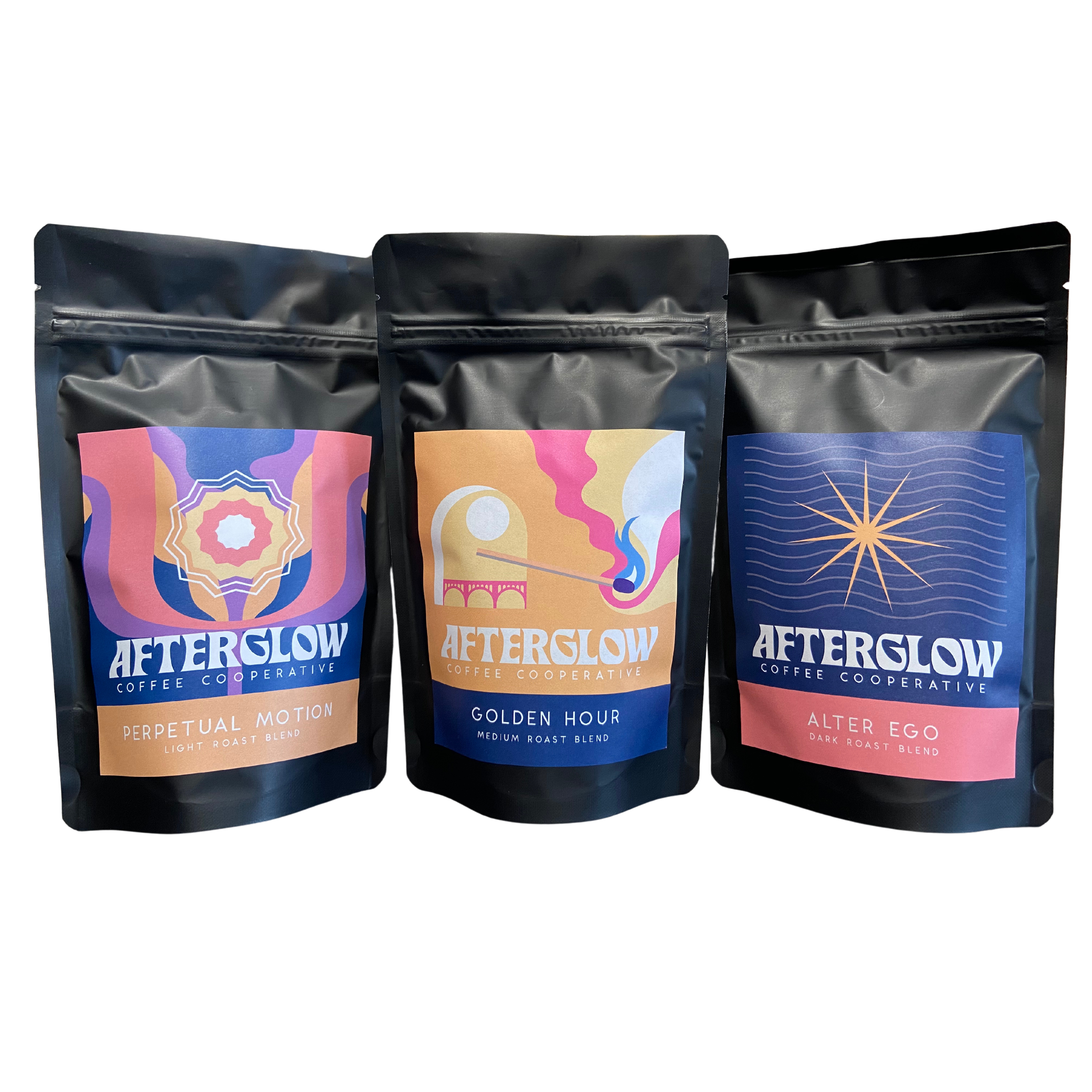This coffee was grown at very high elevations (1900 - 2100 masl) in the Yirgacheffe region by 144 farmers who deliver cherry to Habtamu Fikadu Aga’s washing station in Chelbesa. Thanks to our importer partners at crop to cup, this coffee is traceable and price transparent with an FOB price paid to the farmers of $4.50/lb. Habtamu Fikadu Aga (‘Kuri Mountain Coffee’) was founded in 2015 by Aaga Dinsa, the grandson of a coffee farmer in Kuri village. The farm Habtamu Fikadu inherited from his grandfather continues to serve as the center of the export operation with 105 hectares of coffee planted. This lot includes coffee from another 144 registered out-growers that contribute cherry to company washing stations in Wolega, Guji and Jimma. The company holds organic certification as well as Fair for Life certification. Through Fair for Life, Habtamu Fikadu contributes $0.12 per pound of exports plus 5% of company profits to a development fund reinvested in the community through food, clothing, schooling, roads, and facilities for healthcare. Until liberalization of the Ethiopian export system in 2017, Habtamu Fikadu sold coffee through exchange, but now engages in direct export through Crop to Cup.
Here’s some detailed economic and country context-based info about buying in Ethiopia, for those curious:
Of the over 100 million people in Ethiopia, almost 15 million rely on coffee for income. Coffee accounts for 60% of foreign income, and is about 40% of total country exports. For the scope (Africa's largest coffee producing country) and importance of the industry, there's a surprising amount of consolidation. Things are constantly changing in Ethiopia but for the most part, buying happens in these ways: from an exporter who buys off the government run exchange (ECX,), from a Co-op Union which markets coffees collected from member co-ops, or direct from a single producer or estate (as long as they have a farm over 2 hectares, they can export). Previously, exporters who owned wet mills in Ethiopia could buy cherry and sell the fully processed green coffee. Now, wet-mills are required to sell to the exchange, and exporters are required to buy from the ECX. In other words, wet-mills can no longer sell directly to exporters. As it stands, the only way to get exceptional coffee from the ECX is to buy it, then cup it see if you like it. If you don't, you’re stuck. This process isn’t practical for a specialty buyer, so oftentimes exporters will allow specialty buyers to cup through their purchases from the ECX and select the ones they like, then the exporter can then use the coffees left over to fill a commodity contract for another buyer. While this can result in good coffee, the traceability is lost as is the ability to secure the exact same coffee next year. Last, you may also find a landowner that builds a mill on their land, and buys cherry from surrounding farmers. This is called an out-grower scheme and they can directly export these coffees, so this has been a major loophole for wet-mill owners who were affected by the ECX regulation passed in 2008. For example, if I had a mill only, I have to sell to the ECX. But If I have a mill and I buy the farm it’s on and register that farm for direct export, now I can sell all the coffee from my mill to buyers and bypass the ECX. While this does happen, the ones that can do it have both money and political clout, stacking the deck against the smallholder. Habtamu Fikadu has taken advantage of this method and this is how we are able to have fully traceable coffee from their outgrowers!

